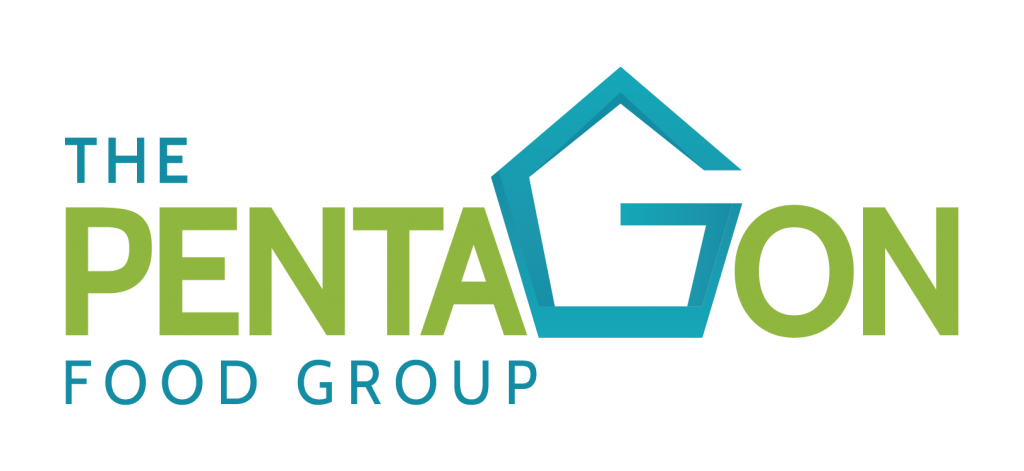In the bustling world of the food industry, ambient food holds a significant place, referring to products that can be stored at room temperature without spoiling. From canned goods to dried foods, these items are crucial for maintaining a diverse inventory and meeting customer demands. For businesses searching for a reliable ambient food supplier in UK, the choice of supplier is critical. Not only does it impact product quality and availability, but it also influences operational efficiency and customer satisfaction. In a competitive market like the United Kingdom, understanding the nuances of ambient food sourcing and partnering with dependable suppliers is essential for long-term success.
1. Understand Your Business Needs
To effectively choose an ambient food supplier, businesses must first identify their specific requirements for these products. This involves considering factors such as the desired product range, the required volume of supplies, the quality standards expected, and the frequency of delivery needed to maintain inventory levels. By understanding their own needs comprehensively, businesses can better evaluate potential suppliers and ensure that they can meet these requirements.
2. Research Potential Suppliers
Researching potential suppliers is a critical step in finding the right partner. Businesses should explore the landscape of ambient food suppliers in the UK through various channels, including online resources, industry directories, and participation in trade shows. During this research, it’s essential to consider factors such as the supplier’s reputation in the industry, their experience in providing ambient food products, any certifications they hold (such as HACCP, BRC, or FSSC 22000), and feedback from other customers through reviews or testimonials.
3. Assess Product Quality and Compliance
Evaluating the quality and compliance of the supplier’s products is crucial to ensure that they meet the required standards. This involves examining the safety standards, ingredients used, and production processes of each supplier’s products. Additionally, businesses should verify that the supplier complies with relevant regulations and holds necessary certifications to guarantee food safety. Requesting samples of the products for testing and evaluation can provide first hand insight into their quality.
4. Review Supply Chain and Logistics
The efficiency of a supplier’s supply chain and logistics directly impacts a business’s operations. When assessing potential suppliers, businesses should evaluate their ability to meet delivery requirements, including lead times, order fulfilment capabilities, and distribution networks. It’s essential to ensure that the supplier’s logistics infrastructure can support timely delivery of ambient food products to maintain inventory levels and meet customer demands.
5. Consider Pricing and Terms
Pricing and terms offered by suppliers play a significant role in decision-making. Businesses should compare pricing structures and terms from different suppliers, considering not only upfront costs but also factors such as minimum order quantities, payment terms, and available discounts. Negotiating favourable terms based on the business’s specific needs and volume requirements can lead to more advantageous agreements.
6. Evaluate Customer Support and Communication
Effective communication and reliable customer support are vital for a successful partnership with a supplier. Businesses should assess the level of customer support and communication provided by each supplier, looking for responsiveness, accessibility, and a willingness to address concerns promptly. Factors such as account management, technical support, and after-sales service should also be considered during the evaluation process.
7. Conduct Site Visits and Audits
Site visits or audits offer businesses the opportunity to assess a supplier’s facilities and operations first-hand. During these visits, it’s important to observe factors such as cleanliness, organization, and adherence to quality standards. Asking questions and seeking clarification on any areas of concern can provide valuable insights into the supplier’s capabilities and commitment to quality.
8. Finalize Contract and Agreement
Once a preferred supplier has been selected, it’s essential to finalize the contract and agreement. Businesses should ensure that all terms and conditions are clearly outlined, including pricing, delivery schedules, quality standards, and any other relevant details. Reviewing the contract with legal counsel, if necessary, can help ensure that both parties are fully aware of their rights and responsibilities before signing.
Read More: Top 12 Appetisers for Restaurant Menus
Conclusion:
Choosing the right Ambient Food Supplier in the UK is crucial for businesses to thrive in the competitive food industry. To make an informed decision, it’s essential to consider key factors such as your business needs, product quality, supply chain efficiency, pricing, and customer support. Thorough research, evaluation, and communication play a vital role in ensuring that you select a supplier that meets your requirements and aligns with your business goals. By prioritizing quality, and reliability, and establishing a strong partnership with your chosen supplier, you can enhance your operational efficiency, maintain high standards of product quality, and ultimately satisfy your customers’ needs.
Remember, the right supplier can be a valuable asset to your business, contributing to your growth and success in the dynamic food industry. Start your search today and make a well-informed choice that will benefit your business in the long run.
FAQs
What are ambient food products?
Ambient foods are shelf-stable items that can be stored at room temperature without refrigeration. Examples include canned goods, sauces, oils, rice, and packaged snacks.
Why choose an ambient food supplier for your business?
Ambient food suppliers provide products with longer shelf life, helping restaurants, cafes, and retailers reduce waste and improve inventory control while saving on cold storage costs.
What should I look for in a reliable ambient food supplier?
Key factors include product variety, pricing, delivery reliability, food safety certifications (e.g. BRC), and customer service. Local depot support and flexible order sizes are also important.
Are ambient food suppliers in the UK required to meet food safety standards?
Yes. Trusted suppliers must comply with UK food safety regulations such as BRC Global Standards, HACCP, and proper traceability of food products.
Can I buy ambient food in bulk from UK suppliers?
Yes. Most UK suppliers like Pentagon Food Group offer ambient products in bulk quantities, suitable for restaurants, catering companies, and wholesalers.



